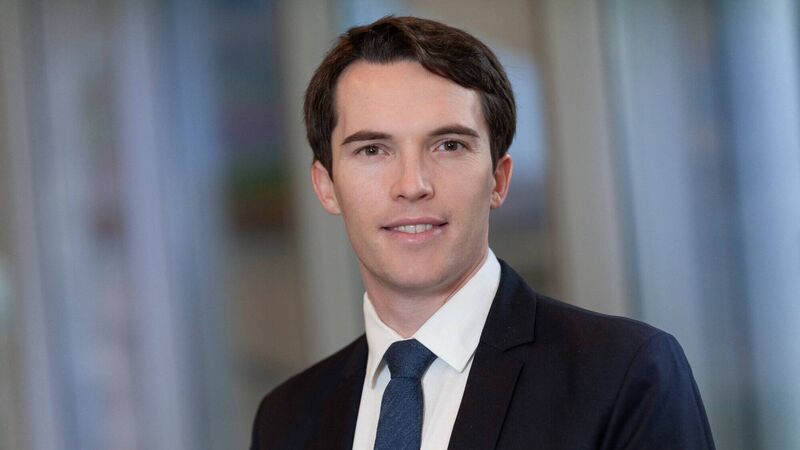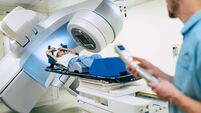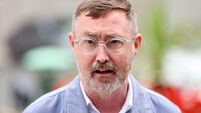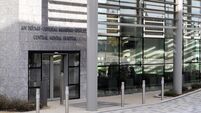We need more staff to conduct more clinical trials and improve care, says CUH cancer expert

Professor Jack Gleeson, who took up a combined academic clinician post across CUH/UCC last year, sees clinical researchers working with patients and research as crucial.
A leading Cork-based cancer expert has warned Ireland needs to ramp up patients’ access to clinical trials if we are to improve oncology care.
In Ireland enrolment of cancer patients in trials is “still low” at just 2% even though 6% has been the target since 2017 under the National Cancer Strategy, according to Professor Jack Gleeson, newly appointed as Associate Professor of Medical Oncology at University College Cork and oncologist at Cork University Hospital.













